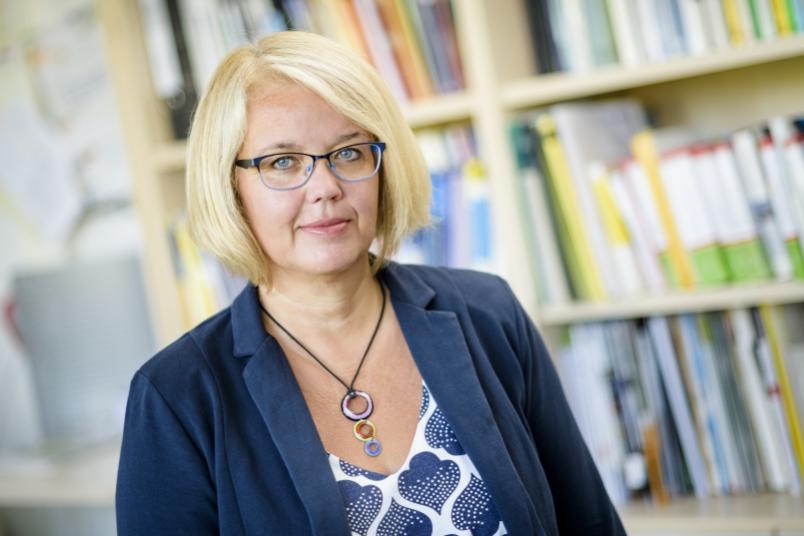
Commentary
The German school system is not fair
In Germany, children are separated following four years in primary school. Gabriele Bellenberg criticises this approach. She says: too many children fall by the wayside.
Most parents in Germany wish for their children to attend a secondary school of the Gymnasium type. On average, this wish comes true for as many as 39 per cent of all families.
Unfortunately, not all children have the chance of being selected for an academic career at a Gymnasium. A student’s performance in primary school may be the strongest predictor for the secondary school he or she can subsequently attend, but even so, the social background does demonstrably play an important role. Not least because education-focused parents know how to assert their aspirations for their offspring.
In Germany, there is a demonstrable correlation between the students’ social background and their academic achievements at the end of the school career – as compared to international standards. One factor is the early allocation of students to different types of school.

I do not support separating students at such an early stage.
Still, this is not the only reason why I do not support separating students at such an early stage. For example, children with poor German-language skills are not given enough time to improve their proficiency through language tuition before they have to pass the secondary-school standards.
At the same time, the curriculum at schools for children with special needs is currently being restructured, focusing on an inclusive approach. This is a step in the right direction. Once the process is completed, most special-needs students will be offered better social integration and participation opportunities.
After all, the segmented school system goes hand in hand with selection mechanisms: children have to repeat a year or switch to a type of school where the requirements are lower. They might perceive that as disrespectful or feel that their achievements lack recognition. Such experiences might be prevented in a school system that fosters student groups where diverse performance levels are included.

A completely fair school system does not exist anywhere in the world.
However, limiting the discussion about the fairness of the school system to the external form of the educational system would be misleading. In addition to the pedagogical processes in schools, the normative system of values in a society that accepts such injustice should be scrutinised.
International standards show that a completely fair school system does not exist anywhere in the world. But it is also obvious that there is a lot of room for improvement in Germany.